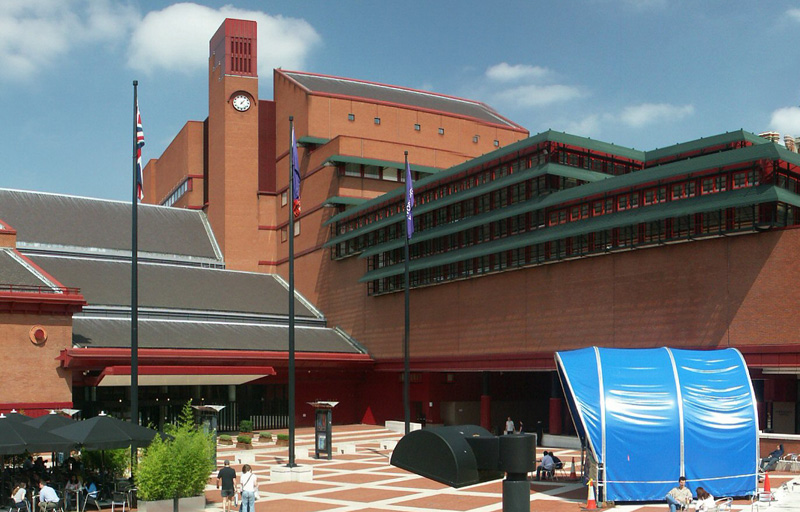
Google has formed a partnership with the British Library in the United Kingdom to digitize many historical works amounting to over 40 million pages of content. The books Google is scanning at an undisclosed location and will cover the span between the French Revolution to the end of slavery.
Google has been sued in the past from publishers and estates because some of the books they are scanning as part of the Google project to digitize every book on the planet. This time Google is going to be sticking to titles ranging from 1700 and 1870, and therefore no longer copyright-protected. Moreover, all materials that Google scans from the library’s collection will be made available online, noted British Library spokesperson Miki Lentin. “The project will be done over a period of several years and the complete text will be available for all to access,” Lentin said.
Google currently has over 15 million books it has scanned and made available on its Google Books website. This site is different from the recently launched Google eBooks site, which mainly deals with Fiction and modern day bestsellers.
Google does not stand to really make any money from scanning all of these books as part as the company’s strategy to digitalize historical works. The company acknologed that the main benefit will be for the books to appear in the Google Search Engine.
Additionally, Google recently begun emulating Amazon.com by offering retailers, bloggers, book publishers, and web sites based in the U.S. the opportunity to earn revenue by participating in a new Google eBooks affiliates program. “Affiliates can link to Google eBooks on their sites for any of the hundreds of thousands of titles available for sale, earning a commission for referring sales to the Google eBookstore,” noted Google Books team Product Manager Pratip Banerji in a recent blog.
Michael Kozlowski is the editor-in-chief at Good e-Reader and has written about audiobooks and e-readers for the past fifteen years. Newspapers and websites such as the CBC, CNET, Engadget, Huffington Post and the New York Times have picked up his articles. He Lives in Vancouver, British Columbia, Canada.
